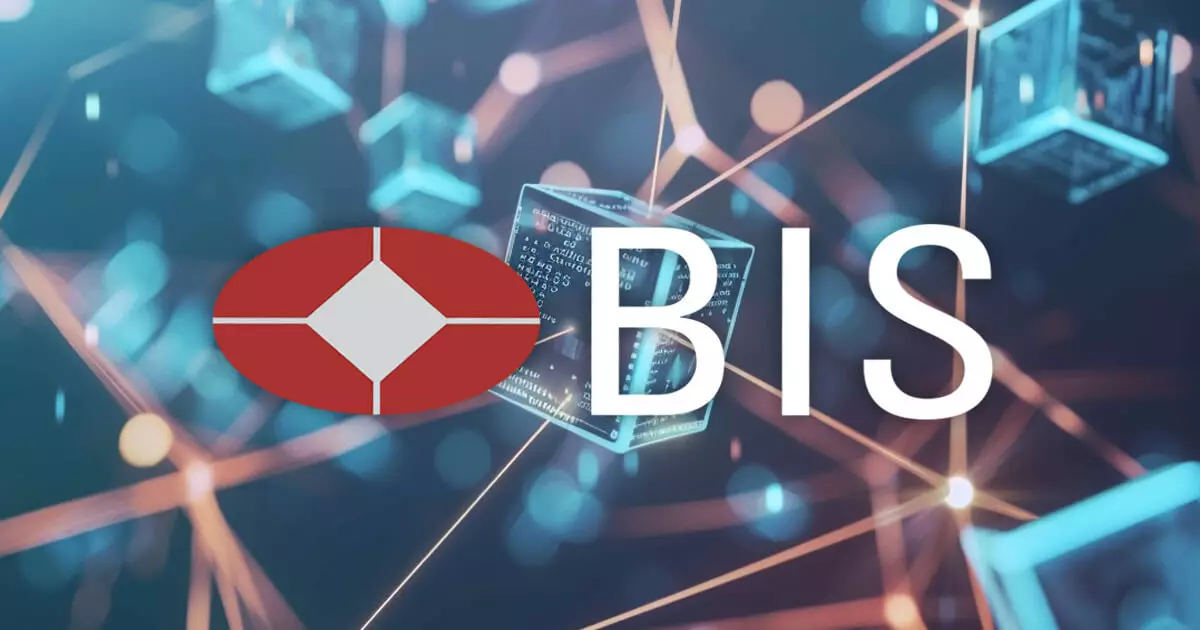In an era where globalization necessitates seamless financial transactions across borders, the Bank for International Settlements (BIS) is making strides toward regulatory compliance through its innovative initiative known as Project Mandala. Announced on October 28, this project represents a collaborative effort involving the BIS Innovation Hub Singapore Centre alongside central banks from Australia, Korea, Malaysia, and Singapore. The primary goal of Project Mandala is to address the myriad of regulatory challenges that can complicate cross-border transactions, often characterized by disparate regulatory frameworks that evolve in isolation.
Cross-border transactions often encounter significant hurdles due to the differing regulations that govern financial activities in various jurisdictions. These regulatory discrepancies can result in increased costs and delayed processing times, hampering the efficiency of international trade and finance. Project Mandala views these issues not merely as obstacles but as opportunities for innovation. By establishing a unified framework for compliance, the project aims to streamline these transactions while adhering to essential regulatory standards.
A keystone of Project Mandala is its commitment to enhancing both speed and efficiency through automated compliance processes. The initiative intends to eliminate manual checks that can slow down transaction times, instead opting for a system that improves transparency across countries’ specific regulatory requirements. Real-time reporting capabilities are set to empower regulators by providing them with critical insights into transaction compliance. Maha El Dimachki, head of the BIS Innovation Hub Singapore Centre, emphasizes a “compliance-by-design” strategy that ensures rigorous regulatory checks do not compromise user privacy or the integrity of the financial ecosystem.
At its core, Project Mandala integrates a decentralized framework designed to facilitate secure and compliant cross-border payments. This innovative architecture encompasses a peer-to-peer messaging system, a robust rules engine, and a proof engine that collectively ensure that compliance checks are completed before transactions are authorized. Once these safeguards are activated, the Mandala system issues proof of compliance, which travels alongside digital settlement assets across international borders, creating a layer of trust intrinsic to the transaction process.
Moreover, Project Mandala’s versatility is illustrated through its capacity to integrate with emerging digital asset settlement functionalities, such as wholesale central bank digital currencies (CBDCs) and established systems like SWIFT. This capability not only bolsters the project’s relevance to contemporary financial infrastructures but also gears it toward the evolving landscape of digital finance. The initiative’s inclusion of programmable compliance embedded within smart contracts signals an exciting direction for future transactions, marrying innovation with stringent adherence to regulatory frameworks.
As Project Mandala advances toward its proof-of-concept stage, its alignment with G20 objectives aimed at enhancing cross-border payment solutions underscores its importance in today’s financial climate. By tackling the challenges associated with international payments, Project Mandala represents a critical evolution in how financial institutions and regulators can work together to support a more efficient, cost-effective, and compliant global transaction landscape. This visionary approach holds the promise not just of compliance but of reimagining the future of cross-border finance entirely.

